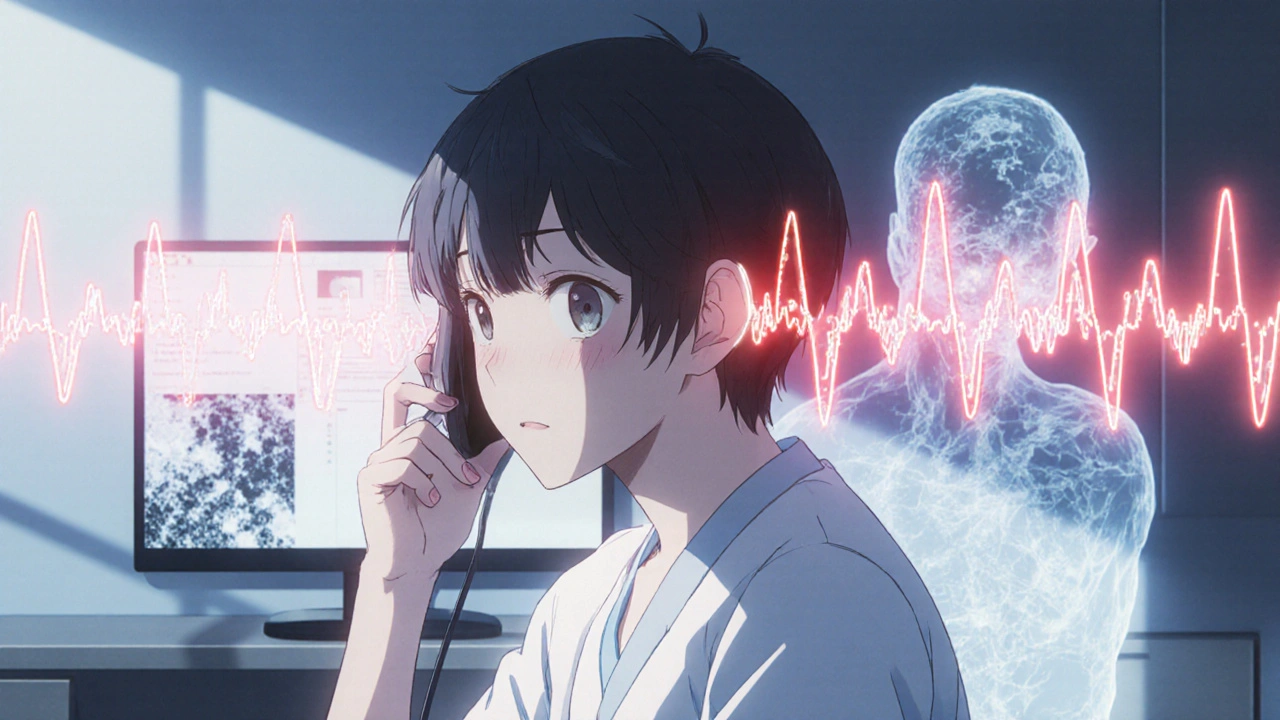Ototoxic Medications: What They Are and Which Drugs Can Harm Your Hearing
When you take a medication, you expect it to help—not hurt your hearing. But some common drugs are ototoxic medications, drugs that can damage the inner ear or the nerves that send sound signals to the brain. Also known as ear-toxic drugs, they can cause hearing loss, ringing in the ears (tinnitus), or balance problems—even when taken exactly as prescribed. This isn’t rare. Thousands of people experience some level of hearing damage every year because they didn’t know their medicine could be harming their ears.
Not all ototoxic medications are the same. Some, like certain antibiotics, especially aminoglycosides like gentamicin and streptomycin, are powerful enough to kill bacteria but also damage the hair cells in your inner ear. Others, like loop diuretics, such as furosemide (Lasix), used for heart failure or swelling, can cause temporary hearing loss when given in high doses or to people with kidney problems. Even aspirin, in large amounts, can cause ringing in the ears—something many people don’t realize is a side effect. These drugs don’t just affect older adults. Younger people on long-term antibiotics for acne or chronic infections are at risk too.
The real danger? You might not notice the damage until it’s permanent. Hearing loss from ototoxic medications often starts with high-pitched sounds—like birds chirping or children’s voices—then spreads. Tinnitus might come first, a constant buzz or hiss that gets worse over time. Balance issues, like dizziness or trouble walking in the dark, can show up too. If you’re taking multiple meds, especially for conditions like high blood pressure, depression, or infections, your risk goes up. Drug interactions matter. For example, combining an ototoxic antibiotic with a diuretic can multiply the damage. And if you already have hearing loss or kidney disease, your body can’t clear these drugs as well, making side effects more likely.
There’s no magic shield against ototoxicity, but you can protect yourself. Always ask your doctor or pharmacist: "Is this drug known to affect hearing?" If you’re on long-term treatment, get your hearing checked before you start and again after a few months. Keep track of any new ringing, muffled sounds, or dizziness. Don’t ignore them. And if you’re taking more than five medications, as many older adults do, review them with a pharmacist—some combinations are silent killers of hearing.
Below, you’ll find real-world guides on how to spot dangerous drug interactions, understand side effects, and stay safe with medications that affect your body in unexpected ways—from antibiotics that harm your ears to antidepressants that drop your sodium levels. These aren’t theoretical warnings. They’re lessons from people who’ve been there—and learned the hard way.

Ototoxic Medications: How Common Drugs Can Damage Your Hearing and What to Watch For
Nov 19, 2025, Posted by Mike Clayton
Many common medications can cause permanent hearing damage. Learn which drugs are most risky, how to spot early signs of hearing loss, and what monitoring can save your hearing before it's too late.
MORESEARCH HERE
Categories
TAGS
- treatment
- online pharmacy
- dietary supplement
- side effects
- generic drugs
- medication adherence
- medication safety
- health
- dietary supplements
- health benefits
- online pharmacy Australia
- generic substitution
- adverse drug reactions
- thyroid disorders
- gabapentin
- treatment option
- calcipotriol
- blood pressure
- erectile dysfunction
- closer look
